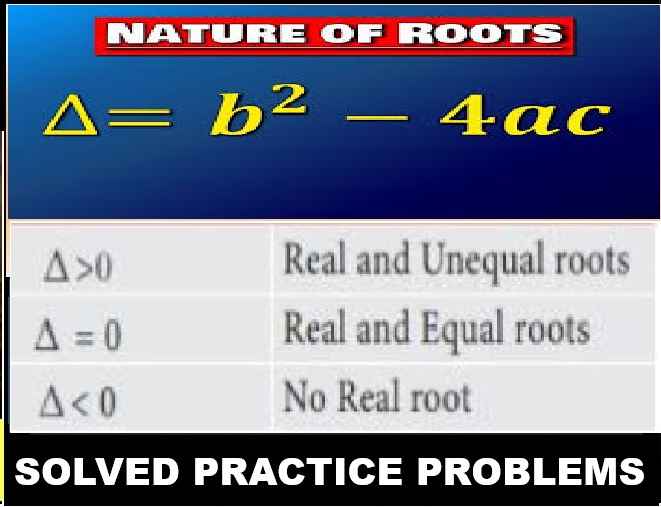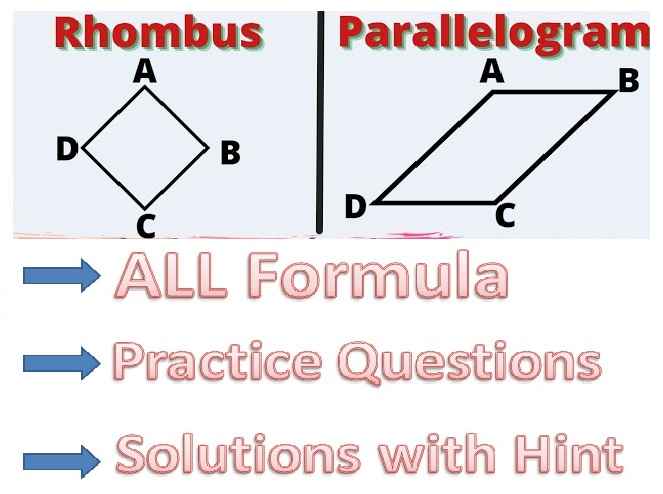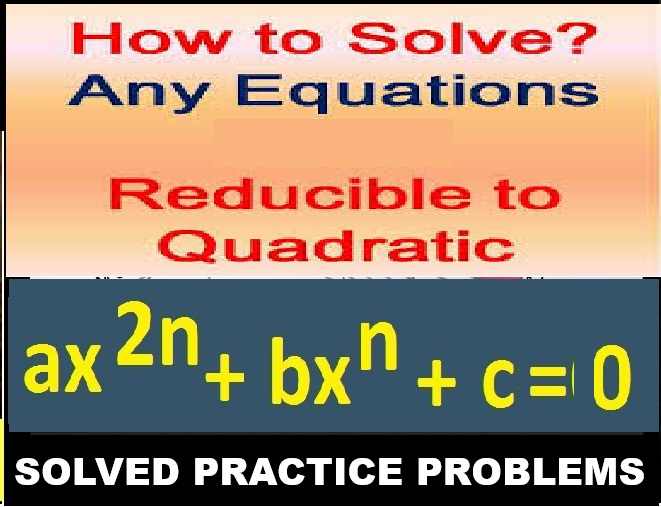Chemical Reaction And Chemical Equation Class-7th Goyal Brothers ICSE Chemistry Solutions Chapter-5 (Language Of Chemistry) Unit-1(Chemical Reaction And Chemical Equation). We Provide Step by Step Answers of Objectives, Fill in the blanks, Match the following, True/False, Incorrect and Correct, Question Type answers of Chapter-5 (Language Of Chemistry) Unit-1(Chemical Reaction And Chemical Equation). Visit official Website CISCE for detail information about ICSE Board Class-7.
Chemical Reaction And Chemical Equation ICSE Class-7th Goyal Brothers Chemistry Solutions Chapter-5 Unit-1
| Board | ICSE |
| Class | 7th |
| Subject |
Chemistry |
| Book Name | Goyal Brothers |
| Chapter-5 | Language Of Chemistry |
| Unit-1 |
Chemical Reaction And Chemical Equation |
| Topic | Solution of exercise questions |
| Session | 2023-24 |
OBJECTIVE QUESTIONS
Chemical Reaction And Chemical Equation ICSE Class-7th Goyal Brothers Chemistry Solutions Chapter-5 Unit-1
Que: A. Fill in the blank spaces by choosing the correct words from the given list:
List : products, yield, balanced, left, formulae
1. A statements that describes a chemical reaction in terms of symbols and formulae is called a chemical equation.
2. The reactants are always written on the left hand side of a chemical equation.
3. The substances formed as a result of chemical reaction are called products.
4. The sign of an arrow (→) is read as to yield.
5. An equation in which the number of each atom of an element on the reactants side is equal to the number of each atom of an element on the product side, is called balanced chemical equation.
Que: B. Statements given below are incorrect. Write the correct statements :
Question: 1. While writing a chemical equation, one need not to know whether the reaction takes place between two or more reactants.
Answer: While writing a chemical equation, one need not to know whether the reaction takes place between two or more reactants.
Question: 2. A balanced chemical equation consists of formulae of reactants connected by a (+) plus sign and is equal to (=) followed by the formulae of products, connected by (+) plus sign.
Answer: A balanced chemical equation consists of formulae of reactants connected by a (+) plus sign and is equal to (=) followed by the formulae of products, connected by (+) plus sign.
Question: 3. During a physical change a large amount of heat energy absorbed or given out.
Answer: During a physical change a less amount of heat energy absorbed or given out.
Question: 4. On strong heating ammonium chloride decomposes into nitrogen, oxygen and chlorine gas.
Answer: On strong heating ammonium chloride decomposes into ammonia and chlorine gas.
Question: 5. A lot of heat is needed to start the reaction between sodium hydroxide and hydrochloric acid.
Answer: No, heat is needed to start the reaction between sodium hydroxide and hydrochloric acid.
Que: C. Match the statements in Column A, with those in Column B :
|
Column A |
Column B |
| 1. An equation in which the numbers of atoms of each element on the side of reactants and the products are not equal. | (a) Hydrogen sulphide |
| 2. The substance which undergo a chemical change during a chemical reaction. |
(b) Products |
| 3. The substance which are produced during a chemical reaction. | (c) Reactants |
| 4. A foul smelling gas formed when copper sulphide is treated with hydrochloric acid. | (d) Exothermic reaction |
| 5. A chemical reaction proceeds with release of heat energy. |
(e) Unbalanced equation |
Answer:
|
Column A |
Column B |
| 1. An equation in which the numbers of atoms of each element on the side of reactants and the products are not equal. | (a) Unbalanced equation |
| 2. The substance which undergo a chemical change during a chemical reaction. |
(b) Reactants |
| 3. The substance which are produced during a chemical reaction. | (c) Products |
| 4. A foul smelling gas formed when copper sulphide is treated with hydrochloric acid. | (d) Hydrogen sulphide |
| 5. A chemical reaction proceeds with release of heat energy. |
(e) Exothermic reaction |
Que: D. Write ‘True’ or ‘False’ for the following statements:
| Statement | True/False |
| 1. Before balancing a chemical equation, check the formulae of all symbols and products are correct. | T |
| 2. Fe + HCl → FeCl2 + H2 is a balanced equation. |
F |
| 3. 2Pb(NO3)2 → 2PbO + 4NO2 + O2. In this equation Pb(NO3)2 is a product. | F |
| 4. A word equation represents a chemical reaction briefly in words. | F |
| 5. A chemical reaction does not need the exchange of energy. |
F |
Que: E. Tick (√) the most appropriate answer :
1. In a balanced chemical equation :
(a) the reactants are written on the left hand side
(b) the products are written on the right hand side
(c) the number of atoms of each element on reactants side is equal to number of atoms of each element on the products side.
(d) all the above
Answer: option (d) all the above is correct.
2. The equation Zn + HCl → ZnCl2 + H2, the equation can be balanced by putting.
(a) 2 in front of Zn on the side of reactants.
(b) 2 in front of HCl on the side of reactants.
(c) 2 in front of ZnCl2 on the side of products.
(d) 2 in front of H2 on the side of products.
Answer: option (b) 2 in front of HCl on the side of reactants is correct.
3. 2NaHCO3 → NaCO3 + H2O + CO2 In the above equation the formula of :
(a) sodium bicarbonate is incorrect
(b) sodium carbonate is incorrect
(c) carbon dioxide is incorrect
(d) water is incorrect
Answer: option (d) water is incorrect is correct.
4. When red lead oxide is heated strongly, it forms lead monoxide and oxygen gas. The colour of lead monoxide is
(a) yellow
(b) white
(c) red
(d) blue
Answer: option (a) yellow is correct.
5. During a chemical change :
(a) state of substance change only
(b) composition of a substance changes
(c) both state as well as composition of substance change
(d) none of these
Answer: option (c) both state as well as composition of substance change is correct.
STUDY QUESTIONS
Chemical Reaction And Chemical Equation ICSE Class-7th Goyal Brothers Chemistry Solutions Chapter-5 Unit-1
Question: 1. Define the following :
(a) Unbalanced chemical equation
Answer: An an unbalanced equation, there are unequal numbers of each type of atom on the reactant side compared with the product side. Example: Reaction of hydrogen with oxygen to form water.
(b) Balanced chemical equation
Answer: An equation that has equal number of atoms of each element on both the sides of the equation is called a balanced chemical equation, i.e., mass of the reactants is equal to mass of the products.
Question: 2. What prior knowledge is necessary before balancing a chemical equation?
Answer: The first step in balancing a chemical equation is to identify your reactants and your products. Next, you need to determine how many atoms of each element are present on each side of the equation. It’s critical to keep two things in mind while you’re balancing reactions.
Question: 3. (a) Define chemical reaction.
Answer: A chemical reaction is in which the bonds are broken within reactant molecules, and new bonds are formed within product molecules in order to form a new substance.
(b) By giving at least two examples describe evolution of gas in a chemical reaction.
Answer: The process by which substances join or break apart chemically is called a chemical reaction. Evolution of gas: Certain chemical reactions are characterized by the evolution of a gas.
The following examples will prove the poin:.
- When dilute hydrochloric acid reacts with sodium carbonate, then sodium chloride, carbon dioxide, and water are formed. A brisk effervescence is seen in the evolution of carbon dioxide.
Na2CO3(s) + 2HCl(aq) → 2NaCl(aq) + CO2(g) + H2O(l)
Sodium carbonate Hydrochloric Sodium chloride Carbon dioxide Water
- When Zinc metal is treated with dilute sulfuric acid, hydrogen gas is evolved. The hydrogen gas burns with a pop sound.
Zn + H2SO4(dil) → ZnSO4 + H2
Zinc Sulfuric acid Zinc sulfate Hydrogen
Question: 4. (a) Define word equation for chemical reaction by giving an example.
Answer: An chemistry, a word equation is a chemical reaction expressed in words rather than chemical formulas. A word equation should state the reactants (starting materials), products (ending materials), and direction of the reaction in a form that could be used to write a chemical equation.
Word Equation Examples
The chemical reaction
2H2(g) + O2(g) ⟶ H2O(g)
would be expressed as
hydrogen gas + oxygen gas → steam as a word equation or as “Hydrogen and oxygen react to form water” or “Water is made by reacting hydrogen and oxygen”.
(b) Explain how to balance a chemical equation by giving an example.
Answer: This means there must be the same mass of atoms on both sides of a chemical equation, and therefore the same number of atoms. For example, consider the simple chemical reaction Ca + Cl2 → CaCl2. This equation is already balanced because it has the same number of Ca and Cl atoms on each side.
Question: 5. (a) By giving an example define exothermic reaction.
Answer: The chemical reaction in which the heat is released is known as an Exothermic reaction. Examples are the burning of a candle and the reaction of a strong acid with water.
(b) By giving an example define endothermic reaction.
Answer: The chemical reaction in which the heat is absorbed is known as an Endothermic reaction. Examples are melting ice cubes and melting solid salts.
Question: 6. Write one of the reaction for each of the following characteristics :
(a) Change of colour
Answer: Certain chemical reactions are characterized by a change in colour of reacting substance. For example, When red lead oxide is heated strongly, it forms yellow coloured lead monoxide and gives off oxygen gas.
2 Pb3O4( red colour ) → 6PbO( yellow colour ) + O 2
Red lead oxide Lead monoxide Oxygen
(b) Change of state
Answer: Certain chemical reactions are characterized by a change in state. There are three states of matter Solid(s), liquid(l), and gas(g) For example, two volumes of hydrogen gas react with one volume of oxygen gas to form water which is in a liquid state.
2H2(g) + O2(g) → 2H2O(l)
Hydrogen gas Oxygen gas Water
(c) Evolution of gas
Answer: Certain chemical reactions are characterized by the evolution of a gas. When Zinc metal is treated with dilute sulfuric acid, hydrogen gas is evolved. The hydrogen gas burns with a pop sound.
Zn + H2SO4(dil) → ZnSO4 + H2
Zinc Sulfuric acid Zinc sulfate Hydrogen
(d) Formation of precipitate
Answer: Certain chemical reactions are characterized by the formation of precipitate ( an insoluble substance ), when the solutions of the soluble chemical compounds are mixed together. The following example will prove the point. Potassium iodide solution (colorless) reacts with lead acetate solution (colour less) to form potassium acetate solution and yellow precipitate of lead iodide.
2KI(s) + (CH3COO)2(s) → 2CH3COOK(s) + PbI2(s)
Potassium Iodide Lead acetate Potassium Acetate Lead Iodide(Yellow precipitate)
(e) Evolution of heat
Answer: Hydrochloric acid reacts with sodium hydroxide solution to form sodium chloride (salt) and water with the evolution of a lot of heat.
NaOH(aq) + HCl(aq) → NaCl(aq) + H2O(l)
Sodium hydroxide Hydro chloric acid Sodium Chloride Water + Heat
This is a type of exothermic reaction. When sodium bicarbonate is heated strongly, it swells up to form sodium carbonate, steam, and carbon dioxide gas. However, the reaction takes place only on heating, i.e., with the absorption of energy.
2NaHCO3 → Na2CO3 + H2O + CO2
Sodium bicarbonate sodium carbonate water Carbon dioxide
This is a type of endothermic reaction. In an exothermic reaction, heat is evolved in the reaction whereas in endothermic reaction heat is given for the reaction to proceed.
(f) Change of smell
Answer: There are some chemical reactions that result in the change of smell. When sodium sulfide reacts with hydrochloric acid, it gives off a gas hydrogen sulfide, having the smell of rotten eggs.
Na2S(g) + 2HCl(aq) → 2NaCl(aq) + H2S(g)
Sodium Sulfide Hydrochloric acid Sodium Chloride Hydrogen Sulfide
— : end of Chemical Reaction And Chemical Equation ICSE Class-7th Goyal Brothers Chemistry Solutions Chapter-5 Unit-1:–-
Return to – ICSE Class -7 Goyal Brothers Chemistry Solutions
Thanks
Please share with your friends if you find it useful



I cannot open the chapter air and atmosphere at all. Fault
Fault is that I cannot open air and atmosphere chapter link